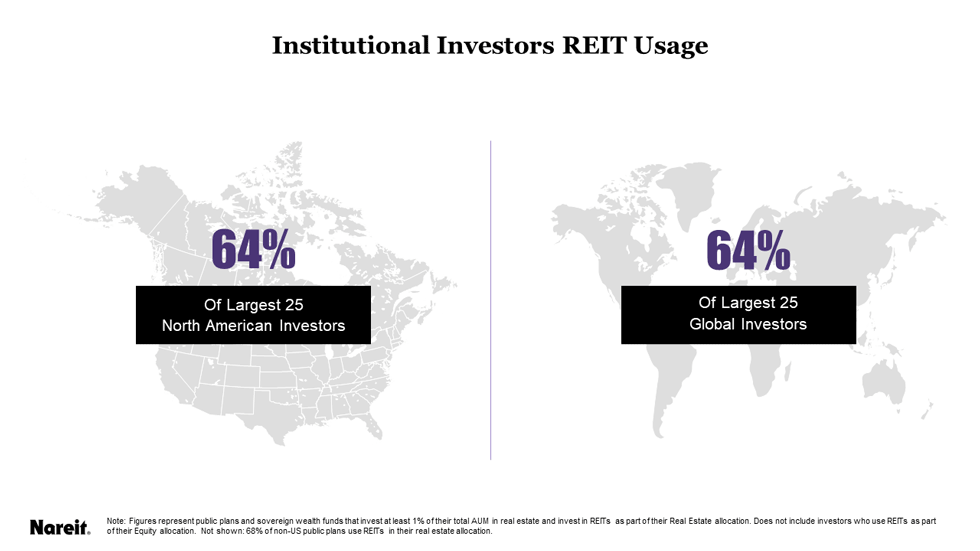By John Worth, Executive Vice President, Research & Investor Outreach
As we look ahead to 2023 and cross the three-year mark from the onset of the pandemic, the effects of COVID-19 on our day-to-day lives will likely continue to wane, but we will still be living in an economy and commercial real estate environment shaped by the aftershocks of both the health crisis and the response to it.
The most obvious aftershock will be continued inflation in 2023. The causes of that inflation remain two-fold: COVID-created supply chain disruptions and the unintended consequences of the extraordinary monetary and fiscal policies enacted to prevent a health crisis from becoming an economic one.
Another aftershock is recession risk, which will remain high in 2023 as the economy slows. The Federal Reserve has a narrow target for a soft landing as it continues to raise and maintain higher rates in hopes of lowering the rate of inflation. While there are some encouraging signs that inflation rates are declining, higher short- and long-term interest rates and the resulting economic slowdown are likely to be the defining features of 2023.

REITs Are Likely to Remain Resilient to Higher Interest Rates
REITs have a long runway to manage leverage in the higher interest rate environment because they have used fixed rate debt to lock in low interest rates for long terms.
The ongoing higher interest rate environment will continue to create challenges for commercial real estate (CRE). However, our review of REIT balance sheets and debt suggests that REITs are well-positioned for economic uncertainty in 2023 because of their strong balance sheets. They are entering the new year with leverage near historical lows, and well-termed, mostly fixed-rate debt and very low current interest expense.
The combination of aftershocks, higher interest rates, and the prospect of slower economic growth has resulted in a lower valuation for equities of all types. In 2022, stock performance reflected the dour economic outlook. Through November 2022, the Russell 1000 was down just over 14.1% while REITs were down 21%, trailing the broader stock market by about 700 basis points.

2023 REIT Outlook: REITs, Recessions, and Economic Uncertainty
REITs, on average, have outperformed both private real estate and the broader stock market during and after the last six recessions. REITs are entering this period of slower economic growth with strong operational performance and are well-positioned for economic uncertainty in 2023.
Our analysis of CRE and REITs notes that REITs had impressive operational results with record high earnings during 2022, despite their lower stock market valuations. It also discusses what industry stakeholders can expect in the REIT and CRE space in 2023 by highlighting the divergence between REIT and private real estate valuations. REITs have priced in higher interest rates and slower growth, and this gap will likely close because of changes in REIT and private market cap rates in 2023. Finally, the analysis looks at REIT performance across business cycles—including through previous recessions.

Institutional Investors Will Increasingly Use REITs in Portfolio Completion Strategies
In 2023, more institutional investors will likely consider REITs as part of portfolio completion strategies to gain geographic diversification or sector diversification, or to enhance their portfolios’ ESG attributes.
Our 2023 outlook wouldn’t be complete without a deep dive into the institutional investor space. In 2023, we believe REITs will play an increasingly important role in institutional real estate portfolios. Institutional investors are recognizing that REITs not only have historically provided benefits in terms of higher total returns, but they also have provided access to new and emerging property sectors, global real estate, and leading ESG performance. Today, nearly two-thirds of the largest and most sophisticated institutional real estate investors in the United States and globally use REITs in their real estate strategies. We expect to see more institutional investors using REITs in 2023.
Though we will continue to feel the aftershocks and tremors of the pandemic next year, we feel confident that REITs are on solid ground.
